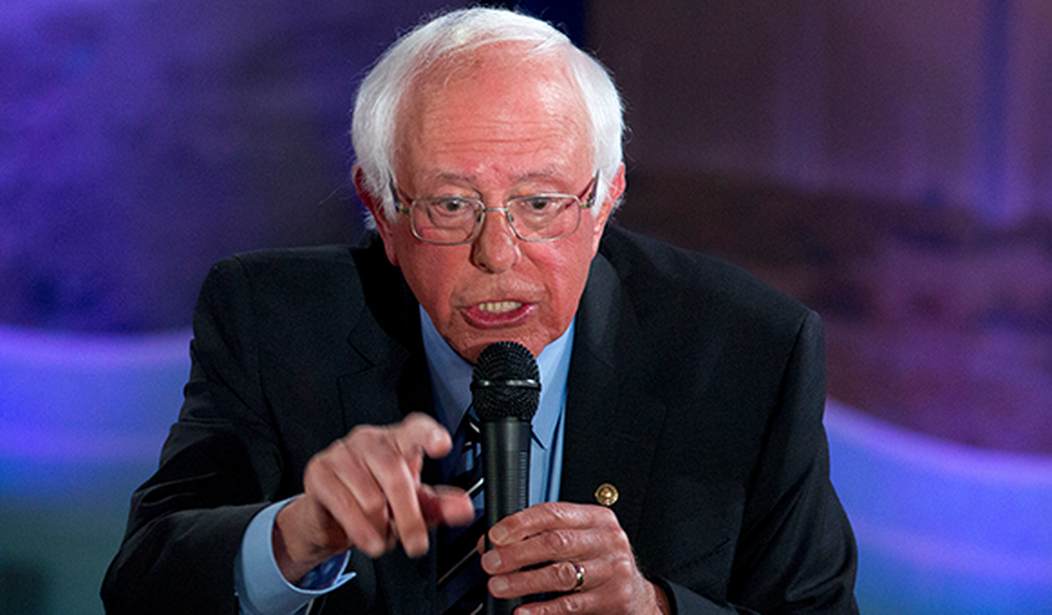A recent survey shows public support for free public universities and cancelling all student debt at 58 percent. Presidential candidates like Senators Sanders and Warren have come out supporting similar free college proposals, gaining the support of millennials. While the idea of free higher education sounds nice, in reality, the rich would reap the lion’s share of benefits at the expense of education quality.
The Urban Institute recently reported that free college programs disproportionally help rich students, as they attend more expensive colleges at a higher rate compared to low-income students. Even in states like Tennessee and New York, where free college has been implemented, the effects are similar. The Institute for Higher Education Policy found that the program in Tennessee effectively gave high-income students $1,500 in taxpayer funds for tuition they could already afford.
But it’s not just the impact on the rich that we need to be worried about. The quality of a college degree could lose significant value, as England has proved.
In the 1980s, England introduced free college in an attempt to enroll more low-income students that weren’t attending college. Yet, by late 1990s resources per student had declined by 25 percent, while government funding couldn’t keep up with system support needs.
Since the number of college applicants was greater than the number of available slots, English colleges admitted those who were most academically qualified, often from high-income families. By 1999, the college demographic was the most unequal it had been in decades, with the richest 20 percent representing half of all enrollments compared to the poorest 20 percent with just nine percent of enrollments.
Recommended
To mitigate the problems created by the free college program, the English government changed its approach to allow colleges to charge tuition fees again. Since then, England has seen “increased funding per capita, rising enrollments, and a narrowing of the participation gap between advantaged and disadvantaged students.”
In the U.S., a similar pattern shows that the education sector is increasingly delivering worse results to their students. As more people are going to college, more are leaving without any real benefit. A whopping 40 percent of recent college graduates report not using their degree. Getting a job and earning wages without needing to pay off huge student loans would have been better time spent by these graduates.
To make matters even worse, too many are getting fruitless degrees that don’t end up helping them find employment. LeAndra Matinez, who graduated with a degree in film production, hasn’t found work in her field since graduation and now works as a cook. “When people see that I have a degree, it’s like it doesn’t even mean anything.”
As a millennial who has graduated from college, I understand the appeal of free college. But I also know that college degrees are an investment, and that making it free will only reduce the quality of schooling (and thus the degree) for everyone.
While free college might sound great, it’s not a viable solution for college students. Plans to pay for everyone’s college will end up subsidizing the richest families, leaving the poorest behind. As countries like England have shown, when college becomes free, quality goes down as well. “The best things in life aren’t free” and college shouldn’t be either.
Janson Quinlan Prieb writes on economic policy topics for the American Consumer Institute, a nonprofit educational and research organization. For more information visit www.TheAmericanConsumer.Org or follow us on twitter at ConsumerPal.

























Join the conversation as a VIP Member